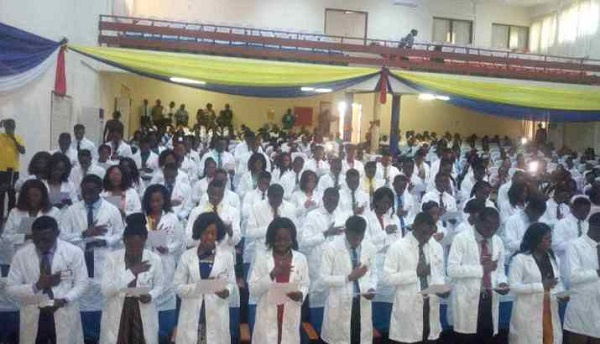
The association threatened to withdraw outpatient services in all public health institutions as a first line of action if the government failed to meet its request by the deadline of November 18, 2019.
It said the strike would be extended to all emergency services from Monday, December 2 to 8, 2019 and finally to a total withdrawal of services from Monday, December 9, 2019.
The President of the GMA, Dr Frank Ankobea, made the position of the association known at a press conference in Tamale yesterday to climax the 61st Annual General Conference (AGC) of the association.
He said the conditions of service of its members working in the public sector expired on December 31, 2018 but all efforts to get the government to renew them had failed. They, therefore, would have no choice but to embark on a strike to get the issue addressed.
The six-day conference, which had a focus on Ghana’s prisons, was on the theme: “The health of prisoners and other vulnerable groups in Ghana: the realities and expectations.”
Conditions of Service
Dr Ankobea explained that in September 2015, the GMA and the government signed the Conditions of Service document for doctors and dentists working in the Ministry of Health (MOH) and its agencies, adding that the implementation date for that document was January 1, 2016 to December 31, 2018.
He said since the expiration of that document, the GMA had been engaging with the government with the view to renew the document but to no avail.
The GMA president said the association was dissatisfied with the progress so far made and, therefore, had to resort to the position taken to get the issue addressed.
Theme for the conference
Touching on the theme of the conference, Dr Ankobea said the GMA was not happy about the level of health care offered prisoners and other vulnerable groups in society.
He, therefore, indicated that the association would call for a national conference on the health of prisoners and other vulnerable groups with the involvement of key stakeholders such as the government, metropolitan, municipal and district assemblies (MMDAs), the private sector and civil society organisations to come up with a comprehensive healthcare scheme for marginalised persons.
Dr Ankobea pointed out that the government had a duty of care to prisoners which must be met at all times.
He stressed the need for the government to ensure that there was a holistic and comprehensive healthcare delivery for prisoners at all levels.
Besides, the Ghana Prisons Service should be better resourced, and infrastructure improved in the prisons.
“There is currently a crisis situation in Ghana’s prisons that impacts negatively on the general welfare of prisoners, especially their health.
“Even more disturbing is the fact that 62 per cent of inmates in Ghana are aged below 35, which means young able-bodied men and women who should be contributing their quota to our country’s development are held in our prisons,” be observed.
Prison conditions
Backing the GMA’s concerns with statistics from the Ghana Prisons Service, Dr Ankobea said 67 per cent of the country’s prisons were extremely overcrowded with the number of inmates in excess of 150 to 300 per cent of their holding capacity.
He cited the Tamale Central Prison, which was built to hold about 60 prisoners but currently had more than 300 inmates, as a typical example.
Dr Ankobea observed that the public health threats emanating from the prisons included overcrowding, high-risk sexual behaviours, drug abuse, poor diet and hygiene, infections and substandard health care.
He said it was worth noting that the health status of prisoners, to a large extent, impacted the health of the entire nation.
Read Full Story


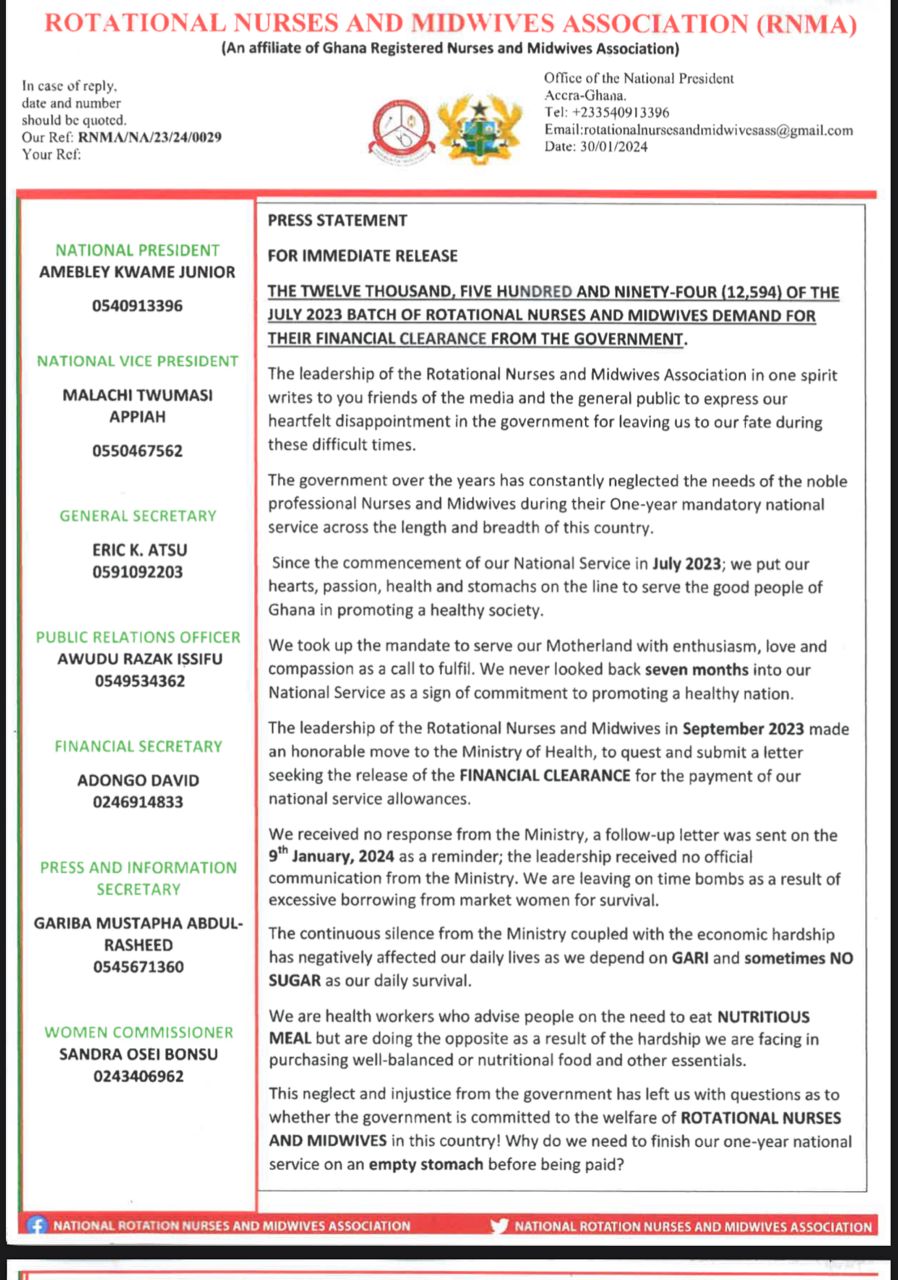
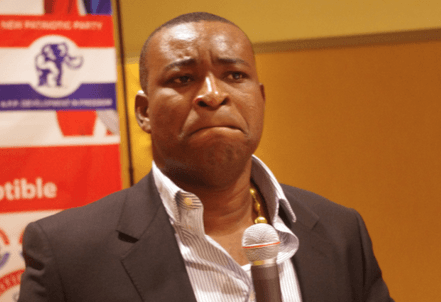
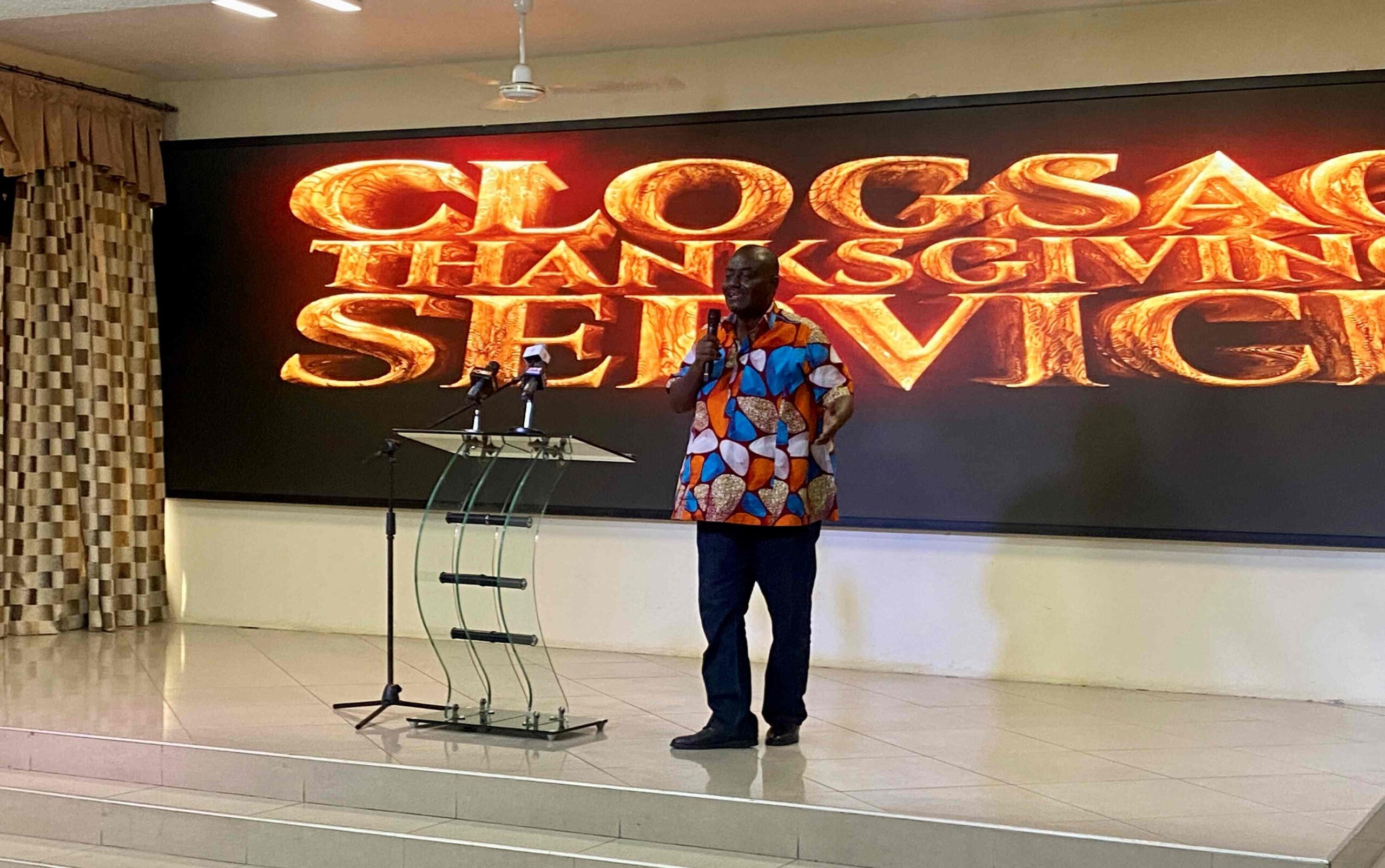
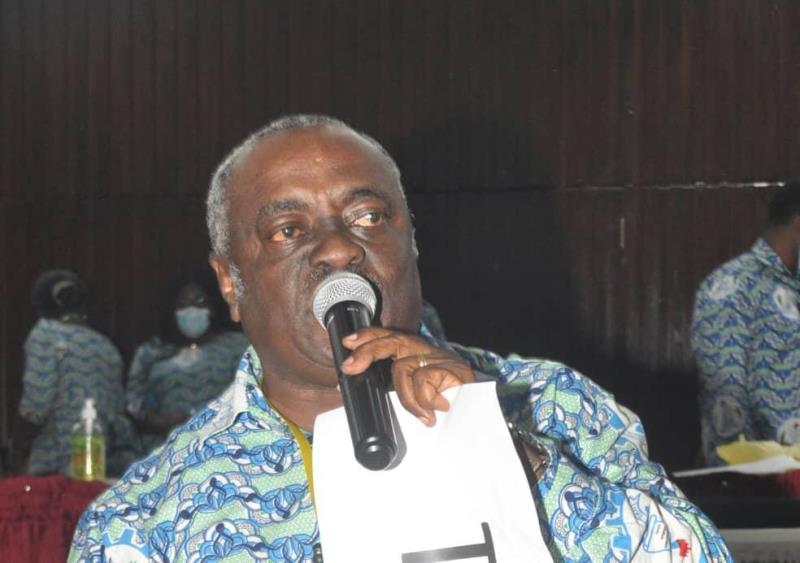












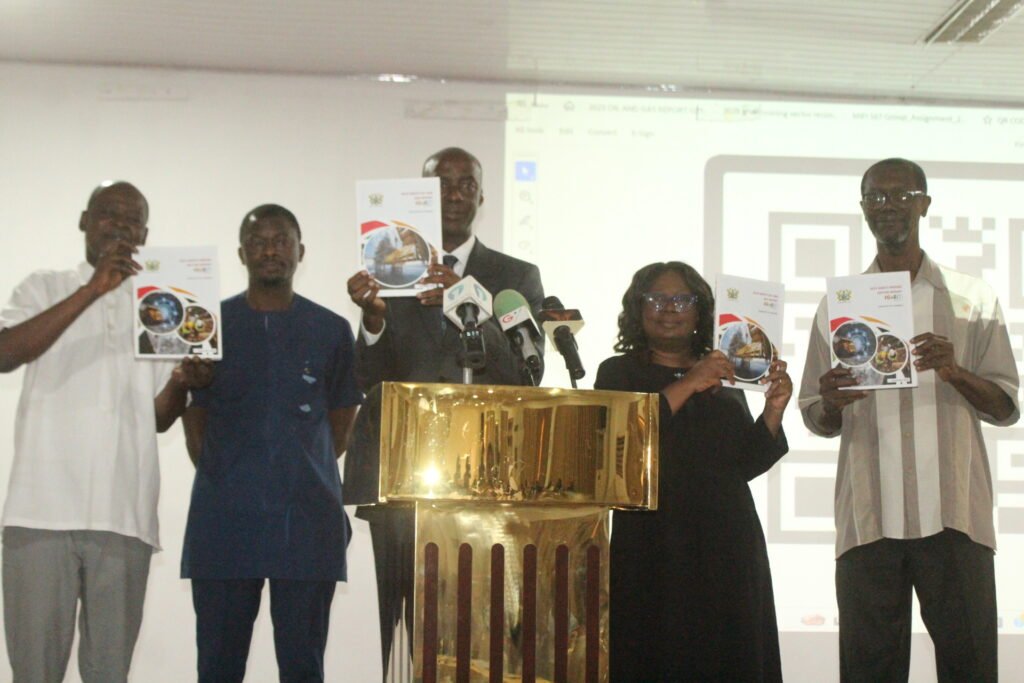




Facebook
Twitter
Pinterest
Instagram
Google+
YouTube
LinkedIn
RSS